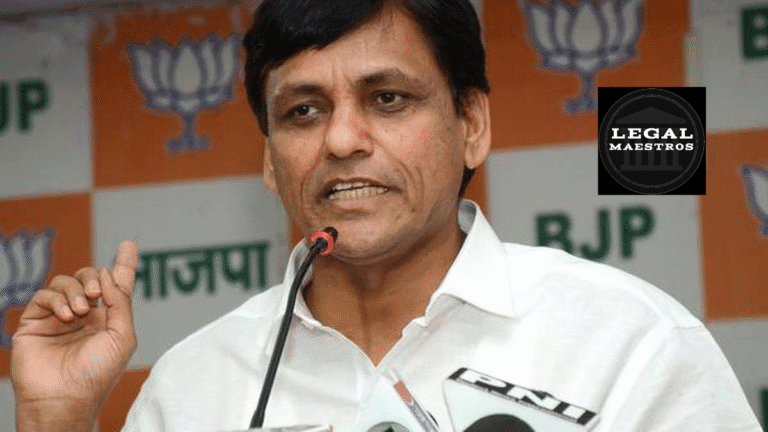
Can Restaurants in India Legally Compel You to Pay Service Charges?
Introduction
The addition of service charges to restaurant bills has been a matter of great controversy in India. Consumers have often raised questions about the legality and requirement of these extra charges. The present article explores the legal aspect of service charges in Indian restaurants, going into the perception of all stake-holders and their implication on the consumers.
Understanding Service Charges
A service charge is an additional fee placed on a customer’s bill by a restaurant, supposedly to pay employees for their services. The charge usually varies between 5% and 15% of the bill amount. In contrast to voluntary tips left directly to service workers, service charges are automatically added to the bill, causing confusion and conflict among customers.
The Legal Landscape
The validity of levying service charges in India has been controversial. In July 2022, the Central Consumer Protection Authority (CCPA) came out with guidelines banning hotels and restaurants from automatically including service charges in food bills. The guidelines made it clear that any collection of such charges without a clear expression of the consumer’s consent amounts to an unfair trade practice. Consumers were asked to report the defaults through the National Consumer Helpline or other proper means.
For More Updates & Regular Notes Join Our Whats App Group (https://chat.whatsapp.com/DkucckgAEJbCtXwXr2yIt0) and Telegram Group ( https://t.me/legalmaestroeducators ) contact@legalmaestros.com.
For More Updates & Regular Notes Join Our Whats App Group (https://chat.whatsapp.com/DkucckgAEJbCtXwXr2yIt0) and Telegram Group ( https://t.me/legalmaestroeducators )
As a reaction to the guidelines of the CCPA, major industry associations like the National Restaurant Association of India (NRAI) and the Federation of Hotel & Restaurant Associations of India (FHRAI) came to the defense of charging service charges. They stated that charging a service charge is a restaurant’s individual policy and is not illegal or against current laws. The NRAI highlighted that information regarding service charges is typically disclosed on menu cards and within the premises, ensuring transparency for customers.
In addition, these groups argued that service charges are advantageous to restaurant workers because they provide a fair allocation of tips to front-end and back-end workers. They highlighted that eliminating service charges would negatively impact the income of workers who play a critical role in the dining experience but have no direct interaction with customers.
Judicial Intervention
The controversy turned a serious corner in July 2022 when the Delhi High Court stepped in. The court suspended CCPA guidelines banning the imposition of service charges on diners, and restaurants are free to impose the charges so long as they make clear disclosures about them. The court ordered that this information be displayed on menus and in the premises, so that customers are informed of the service charge prior to ordering. The court also ordered that service charges cannot be added to takeaway orders
In spite of the stay by the court, consumers have a right to know about any surcharges made in the bills. Restaurants have the duty to make clear disclosure of service charges in advance so that customers can make an informed choice of where to eat. If customers perceive that a service charge has been levied without clear disclosure or are being coerced into accepting it, they can ask that the charge be removed from the bill. In case of disagreements, consumers may file complaints with consumer protection agencies or obtain compensation through consumer courts.




